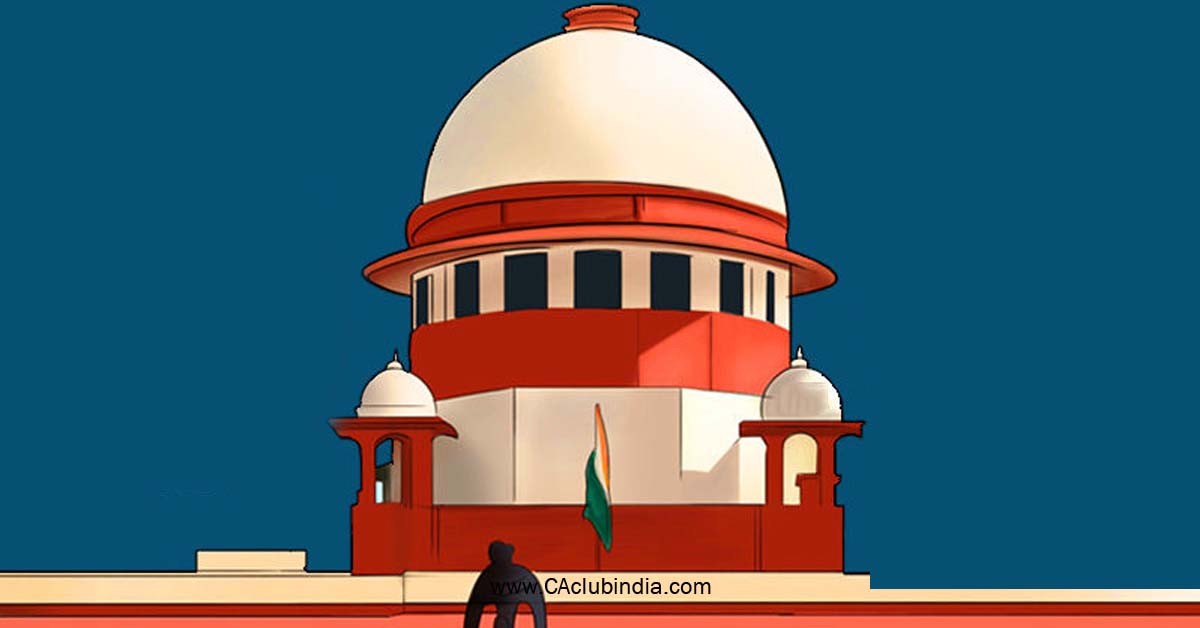The central government's move to retrospectively amend a section of the Goods and Services Tax (GST) Act in the Union Budget 2025-26 may face legal scrutiny, as a review petition related to the issue is expected to be heard by the Supreme Court in the coming weeks, tax experts reported.
Retrospective Amendment to Section 17(5) of GST Act
The proposed amendment pertains to Section 17(5) of the GST Act, which restricts the eligibility of Input Tax Credit (ITC) on certain items. The change is aimed at nullifying the Supreme Court's October 11, 2024, verdict, which allowed infrastructure companies to claim ITC on GST paid for building materials used in the construction of commercial properties that are subsequently leased or rented out.

The Supreme Court's earlier ruling, particularly in the Safari Retreats case, had held that ITC should be allowed on construction-related expenses if the property is used for commercial leasing. However, the government's proposed retrospective amendment seeks to overturn this benefit.
Impact on Infrastructure and Real Estate Companies
Legal experts believe this move could have a far-reaching impact on real estate developers and leasing businesses. Generally, companies can claim ITC on commercial operational expenses, which helps in reducing overall tax liability. However, if the retrospective amendment is upheld:
- Developers will face increased costs as they won't be able to claim ITC on construction expenses.
- Leasing businesses will have a higher tax burden, potentially leading to increased rental costs.
- Real estate growth may slow down, as higher costs could discourage new commercial projects.
A tax expert stated, "Even after the amendment, ITC should still be allowed if a real estate asset is created for leasing. The GST Council should clarify this issue in consultation with industry stakeholders."
Legal Challenges and Constitutional Implications
Retrospective amendments to tax laws often face constitutional scrutiny under Article 14 and the doctrine of legitimate expectation. Experts point out that previous Supreme Court judgments have ruled against retrospective taxation that affects taxpayers' substantial rights.
A tax lawyer noted, "While the government aims to override the Supreme Court's judgment, it has not fully addressed Paragraph 32 of the Safari Retreats ruling, which interprets 'on his own account.' There's still scope to argue that ITC should be allowed if the property is leased or licensed out."
Additionally, legal experts draw parallels to previous tax disputes involving Vodafone and Cairn India, where retrospective taxation led to prolonged litigation before being settled prospectively.
Supreme Court's Upcoming Hearing: Key to Future Clarity
Unlike regular cases, review petitions are usually heard privately through circulation, though in this instance, an oral hearing is expected. The Supreme Court's decision on the review petition, expected by the end of February, will be crucial in determining the validity of the retrospective amendment.
If the amendment is struck down, infrastructure and real estate companies could continue to avail ITC on construction expenses, ensuring tax certainty. However, if upheld, businesses will have to reassess their tax liabilities and pricing models to accommodate the increased costs.
Conclusion
With potential legal hurdles ahead, the government's move to retrospectively amend the GST law could lead to significant financial and operational consequences for real estate and leasing businesses. The Supreme Court's decision will set a critical precedent for future tax disputes and policy decisions related to input tax credit eligibility under GST.





 CAclubindia
CAclubindia
